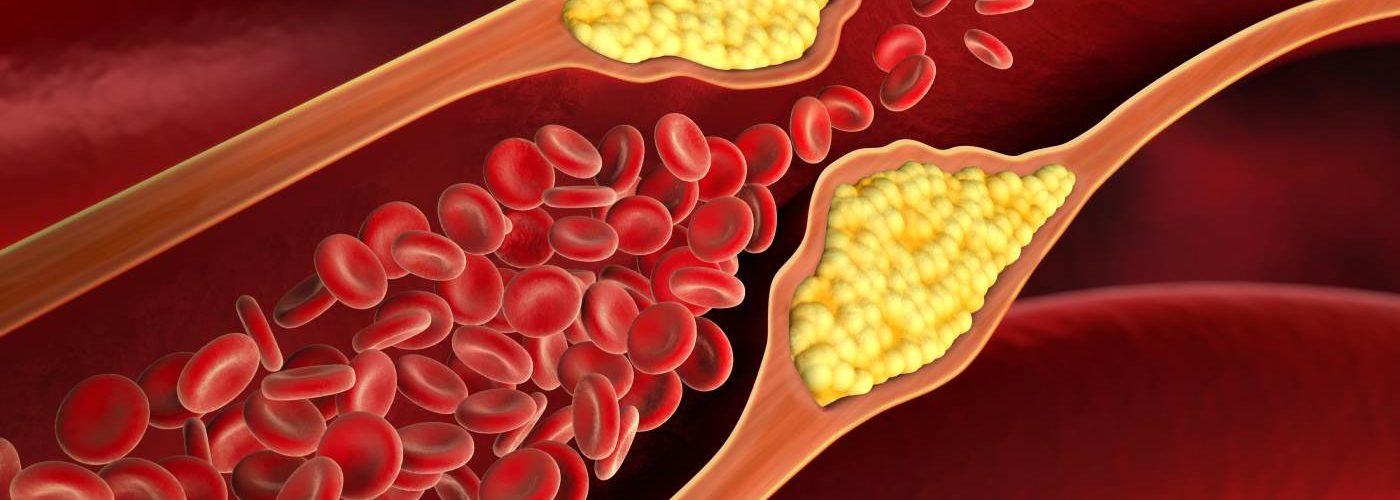
Hypercholesterolemia, which means high cholesterol, can impact the reproductive capacity of both men and women. In women, it can disrupt hormones, making fertilisation difficult. In men, it can reduce seminal volume and affect morphology. Throughout this article, we will explore how high cholesterol can can affect fertility and pose a challenge to achieving pregnancy.
The Relationship between High Cholesterol and Fertility
The effect of “bad” cholesterol (LDL) on the population is widely recognised in society. Its most well-known consequence is its association with many cardiovascular diseases. However, it is not as commonly known that cholesterol can be an enemy of fertility, both in women and men. While it is not a direct cause of infertility, increased cholesterol levels are associated with unhealthy habits, hypertension, and obesity, among other factors. These increase the likelihood of natural fertilisation not occurring.
Cholesterol is related to steroid hormones, which influence reproductive capacity. This lipid is a precursor to hormones such as oestradiol, progesterone, and testosterone, all of which play a role in reproduction as they are synthesized in the cells of the testicles and ovaries.
Recommended Cholesterol Levels for Pregnancy
In women, high levels of “bad” cholesterol (LDL) can lead to hormonal imbalances that make fertilisation and successful pregnancy more difficult. In men, it can result in a lower quantity of sperm with poorer quality or sperm with abnormal morphology. If both partners have hypercholesterolemia, especially when accompanied by other risk factors, the chances of taking longer to achieve pregnancy increase.
Oestrogens are involved in the process of fat metabolism, helping to produce the socially known “good” cholesterol (HDL). This type of cholesterol is beneficial for health, as receptors for this lipid are found in the ovaries. Therefore, it is advisable to have values above 35 mg/dl in men and above 40 mg/dl in women for this type of cholesterol.
How to Maintain Healthy Cholesterol Levels to Enhance Fertility?
On World Heart Day, we want to emphasize the importance of adopting a healthy lifestyle to benefit cardiovascular health and hormonal balance. This will, in turn, increase the chances of achieving pregnancy.
A Varied Diet
The Mediterranean diet is the most recommended, as it is rich in vegetables, legumes, whole grains, lean meats, and omega-3 fatty acids from fish. It is also important to avoid processed foods with high levels of salt or sugar.
Regular Exercise
Engaging in regular physical activity and leading an active daily life, including activities like walking or taking the stairs.
Quitting Bad Habits
Such as smoking or alcohol, even if consumed only occasionally.
Regular Blood Tests
Regular medical check-ups will help monitor lipid levels in the blood, especially for individuals with a tendency towards high cholesterol levels, diabetes, or hypertension.
Personalised Treatments at IVI
Cholesterol levels are an additional indicator considered in the initial consultation and evaluation of each patient, followed by developing of a personalised treatment plan. Similarly, before starting assisted reproduction treatment, it is always recommended to maintain the healthiest possible lifestyle, as it forms the best foundation for addressing fertility issues.





Comments are closed here.